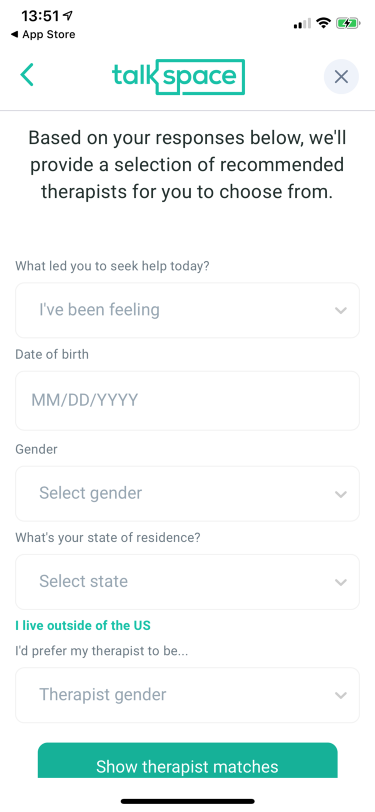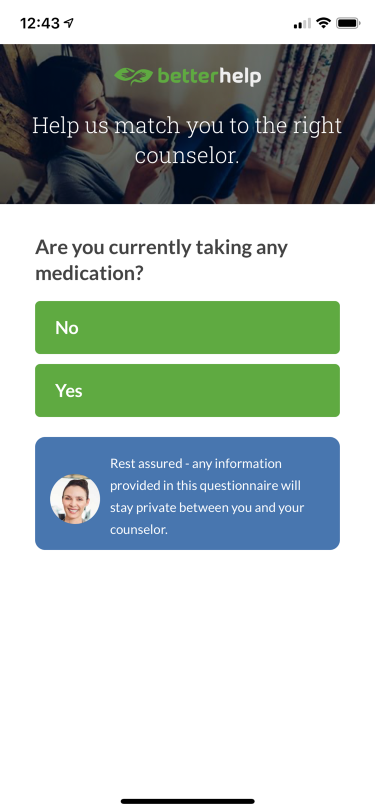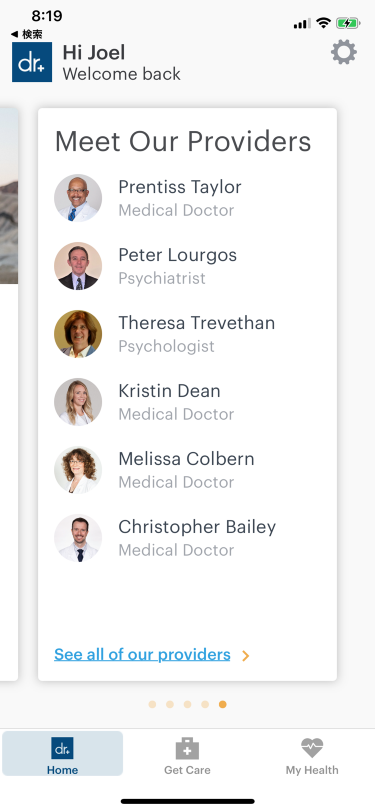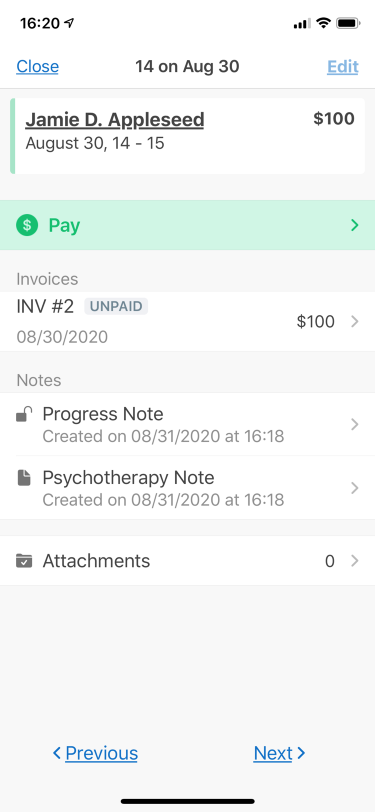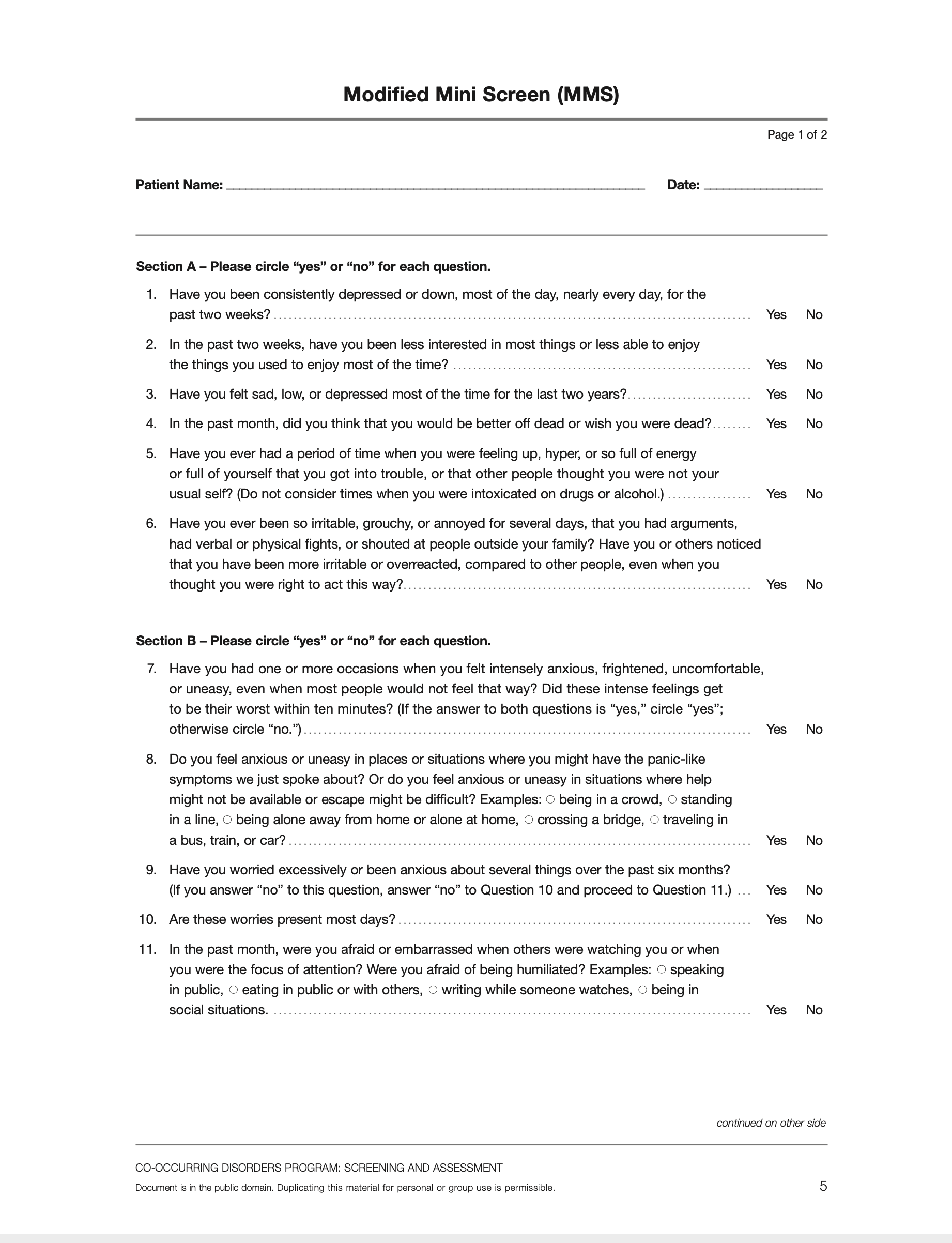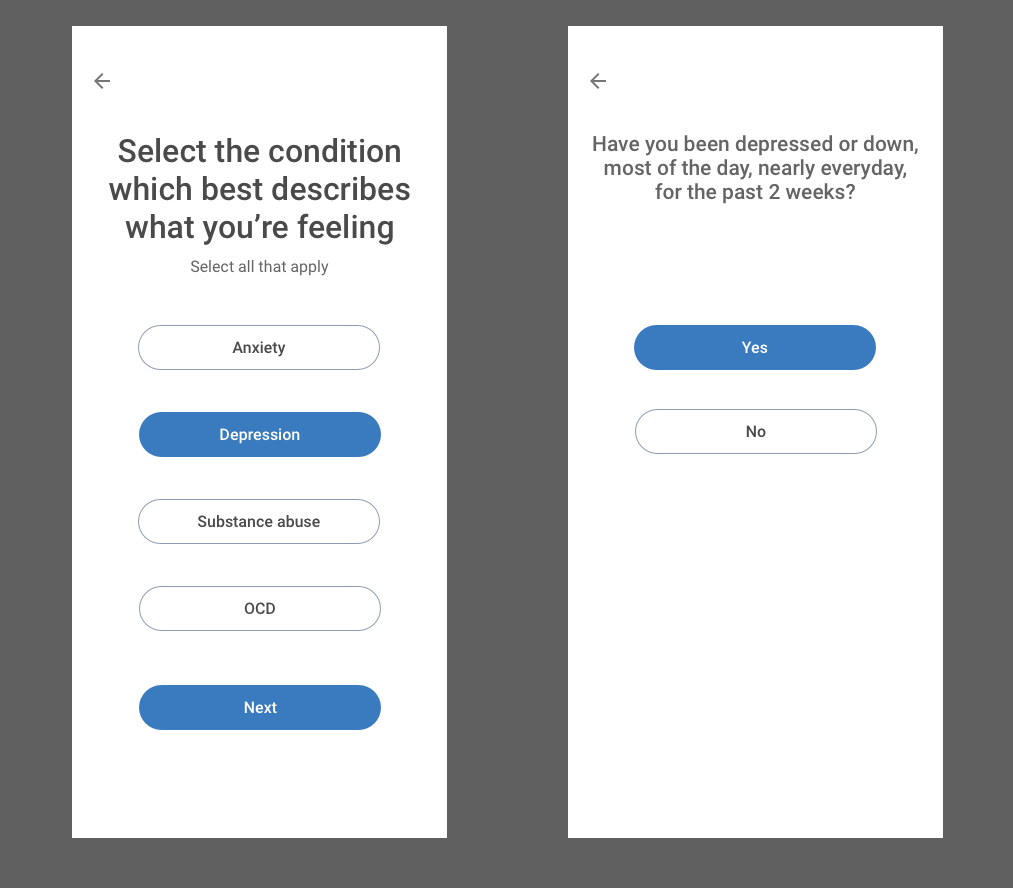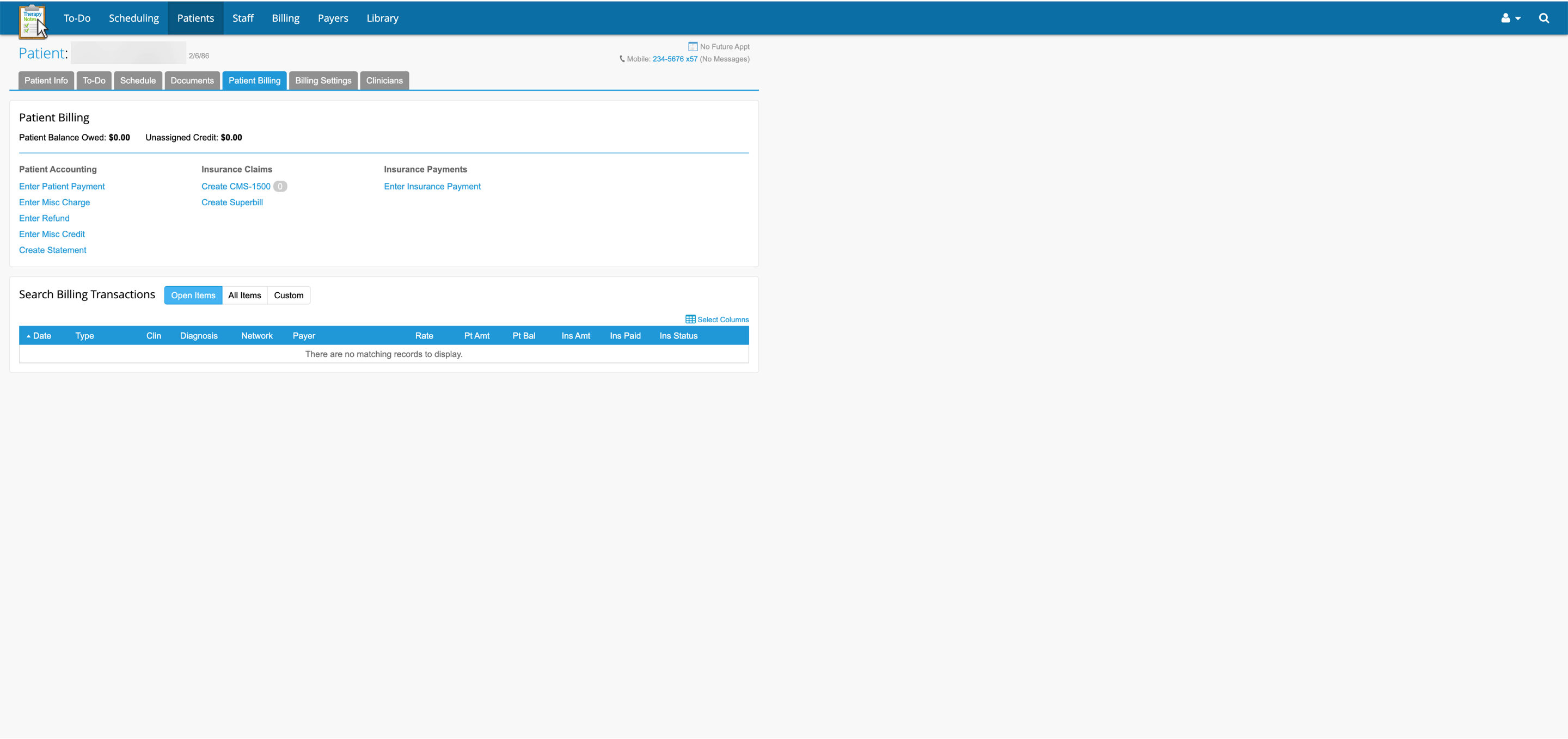Therahelp
A teletheraphy app which connects people in need to the best therapist for them
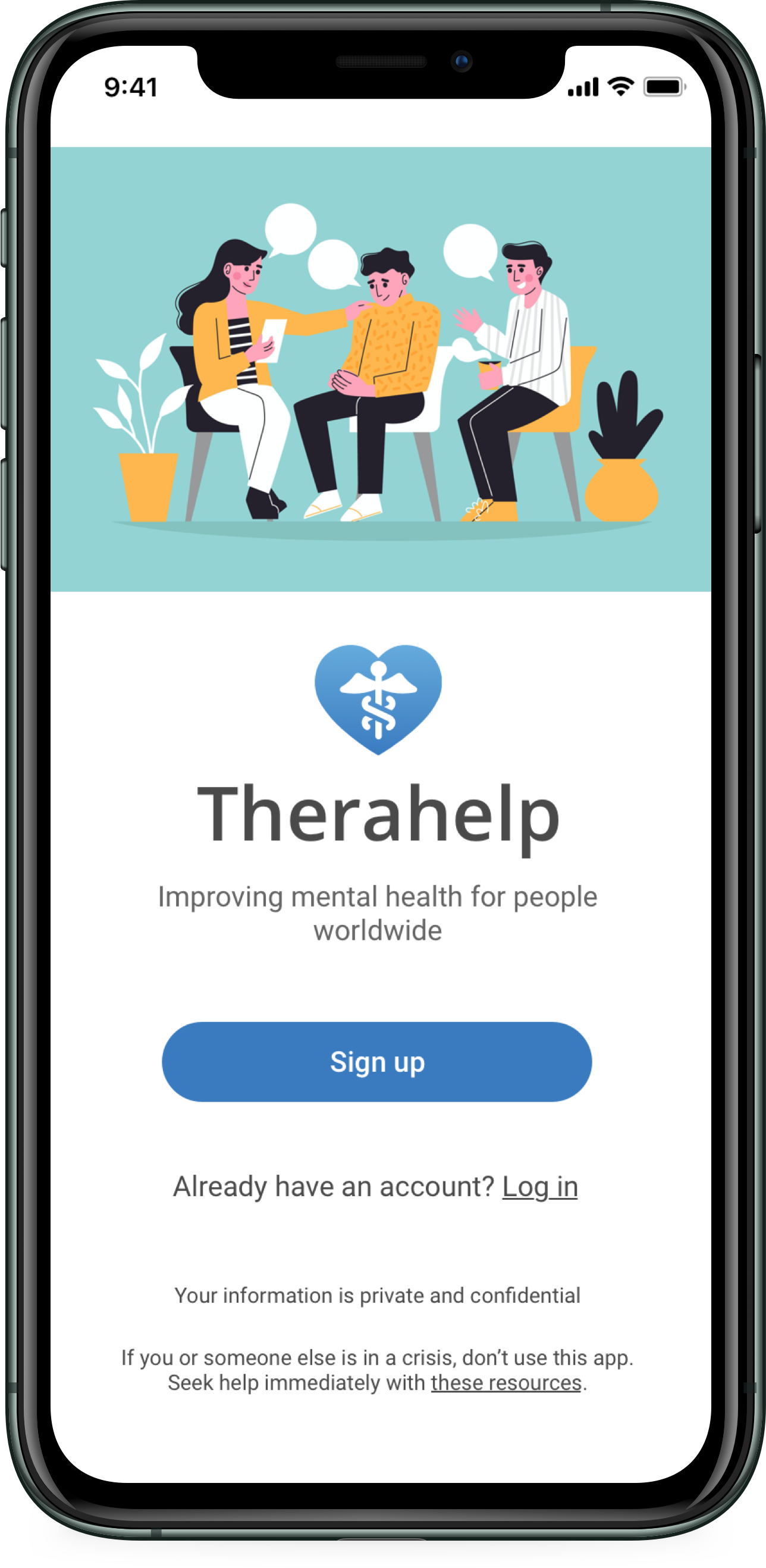
Tools
Sketch, Marvel, Zeplin
Project Overview
This is no longer a concept project! This is now spec work for a healthcare client in Rochester, New York
I believe mental health is important. 2020 has certainly been tumultuous year affecting the health of millions worldwide. Although the effects on physical health have been tremendous, I also fear for the effect on mental health it will have for years to come. Having a background in psychology myself, I believe in the power of various forms of therapy with licensed therapists. I believe good mental health services should be accessible to all. With this mission, I set about creating this product.
Defining product requirements
Product requirements
After conducting research it became clear that it would be difficult for design a teletherapy platform for use in clinical, school, and private practice settings. The needs of each user differ too greatly for such a panacea solution. A more feasible solution would be to design a platform for therapists to connect with patients on a flexible basis. However, this does not mean I can get by with just copying BetterHelp and TalkSpace. Drawing from my research, I see room for improvement in several areas.
I need to design an app that:
- Cuts down on paperwork. Designing a better questionnaire could cut down on the back and forth and number of initial sessions spent on diagnostic questions.
- Cuts down on note talking. Having therapists type in code to bring up note templates isn't the best mobile solution, or the best option for non tech-saavy therapists. Reducing the amount of time spent taking notes would free up therapists to spend more time with clients.
- Allows therapists to administer diagnostic assessments more easily, and a method which allows them to be done online.
- Integrates scheduling, communication, and EMR functionality while being HIPAA compliant.
Limitations
Due to the nature of teletherapy, Therahelp won't be able to treat conditions such as schizophrenia or those presenting with severe psychosis. Those who are an immediate suicide risk must be directed to emergency services immediately.
For medication, Psychiatrists or Nurse practitioners can be assigned to user for a session. They will not be able to prescribe Schedule 1 substances however such as narcotics. This was discovered during my research interviews with Talkspace counselors.
Implementation
This app will rely heavily on camera/mic functionality, and Progressive Web Apps won't cut it. (iOS only allows camera and mic access on Safari for PWA'S at the time writing this). Also, for my startup team of 1, it's infeasible to design 2 completely different native experiences of iOS and Android in terms of cost and time. For this app, a hybrid approach using Flutter or React native which allows fast implementation and utilization of native components would be my recommendation. I consulted with senior engineers and product managers who agreed.
HIPAA compliance
Particularly for apps that have a messaging/video component, HIPAA laws require an end-end encrypted "non public facing communication product". For Therahelp, it would make sense to integrate a white label HIPAA compliant product. Zaurus is just one option. As the company grows we can build out our own solution, possibly using the source code basic design structure of a white label product.
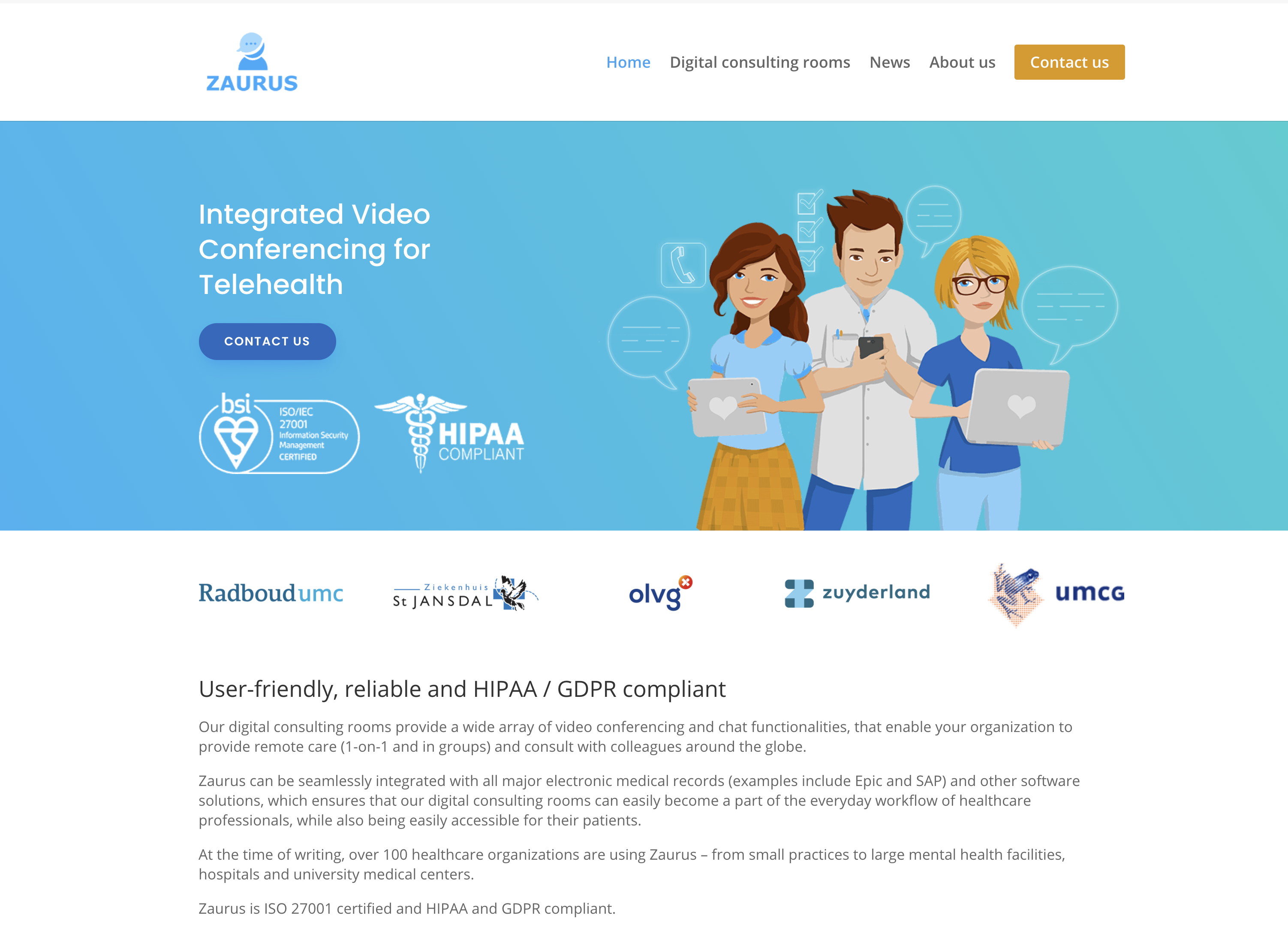
The questionnaire
Screening assessments
There is an alphabet soup out there of different screening assessments used by mental health professionals in a variety of settings. For this app, a screening questionnaire needs to be relatively short, provide adequate information for the initial session with a therapist, and be able to be self administered.
I selected the Modified Mini Screen (MMS) as the foundation for my initial questionnaire. The MMS includes questions to assess depression, anxiety, suicide risk, substance abuse, Based on the responses, clients can be matched with the best therapist for them.
Flows
There is a fine balance between gathering as much information possible for a high quality "lead" and inducing a higher form abandonment rate. Some assessments such as the Yale Brown OCD scale are somewhat long, and considering that the comorbidity of OCD with other conditions such as depression can be over 60%, a patient may end up spending lots of time taking the initial assessment. To reduce form abandonment rate and overall churn, I opted to place the initial assessment after being paired with a matching agent.

Initial matching flow with assessment during onboarding, similar to BetterHelp

Revised flow with initial assessment after speaking with matching agent
Moving from paper to digital
To quickly design and build a cross platform solution, I utilized existing open source design systems (Eva). This allows me to create prototypes in a rapid fashion. UI elements can be tailored to the specific use case and brand. Devs love it too. Keep in mind that these screens are essentially wireframes, and do not yet contain the visual polish of a mockup.
The Modified Mini Screen (MMS) provides good initial information for a therapist
User testing
The first prototype was sent out to subjects from the initial research. The response was very good, but I received some feedback on improvements.
The second prototype was sent out and received feedback. Seem to be closing in on a good initial assessment.
- More detail in the screening questions. For example, If the user selects substance abuse and their main issue it could lead to a line of questions based on the CAGE-AID substance abuse assessment.
- More selectable options, collecting more information before an initial assessment.
The second prototype was sent out and received feedback. Seem to be closing in on a good initial assessment.
- As with a lot of lo-fi wireframe testing, some feedback focused on additional task flows such as choosing a plan or getting matched with a therapist, I decided to focus on this next.
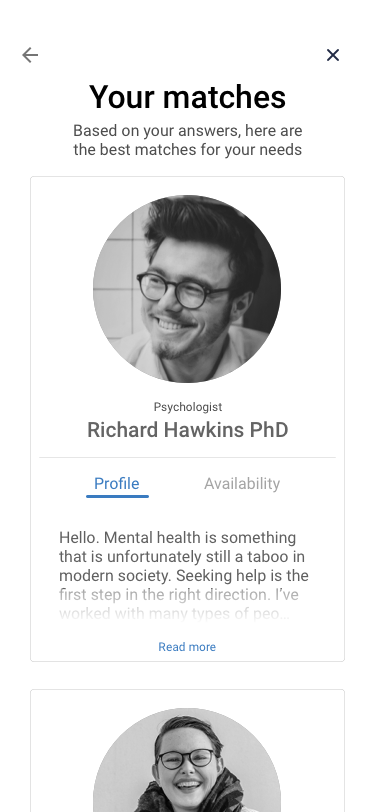
Early concept
Therapist side
Although ambitious, an important piece of this project is to create a therapist portal for practice management that integrates core EMR functionality. In Rochester, Epic is the most popular choice for medical records, and this brings the challenge of simplifying the complexity of legacy enterprise software. Theranotes, which is designed specifically for small therapy practices, is another popular choice.
More to come
This page will be updated daily as more testing and iteration is done.
Back to top


